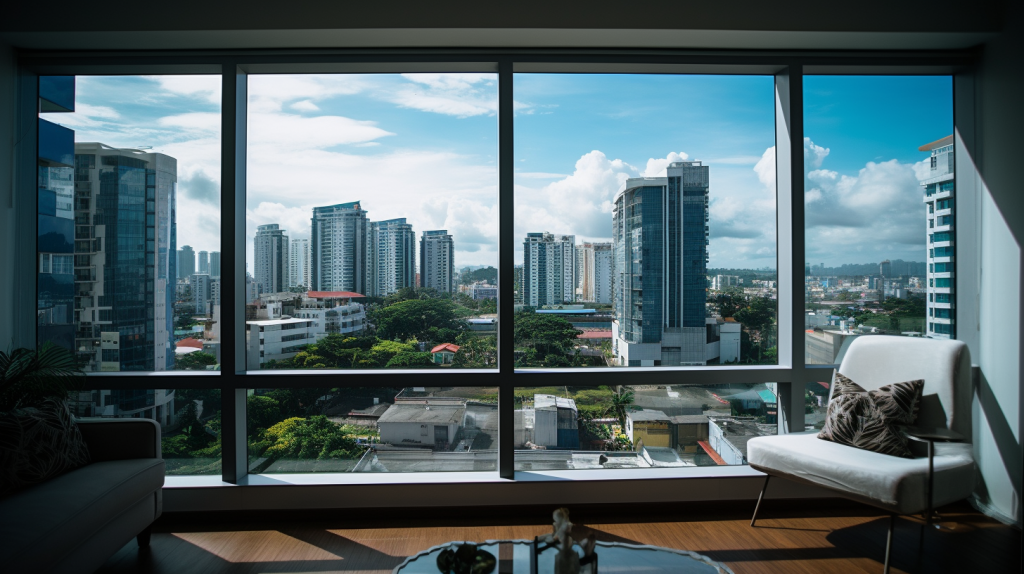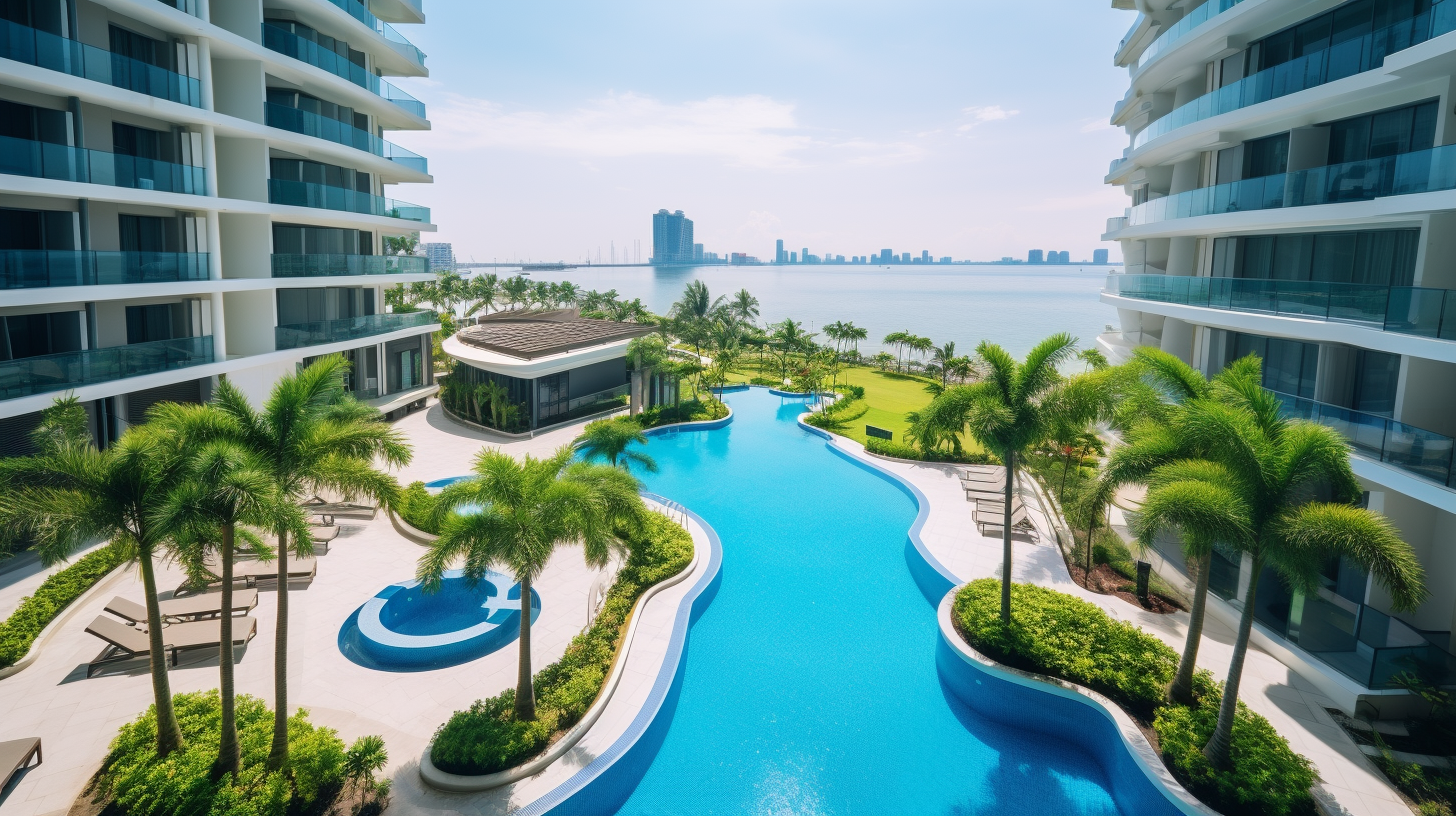In the dynamic world of real estate, the concept of purchasing a condominium, often referred to as a condo, has become an appealing option for many potential homeowners. Condos amalgamate the advantages of homeownership with the comfort of shared amenities, offering a unique living experience. However, it’s crucial to comprehend the complexities of condo ownership before diving headfirst into this venture. This comprehensive guide aims to provide you with all the necessary information to make an informed decision about buying a condo.
What is a Condo? A Detailed Examination
A condominium, commonly known as a condo, is a type of residential unit that shares similarities with apartments. However, there’s a key distinction – ownership. Unlike apartments, which are owned by a landlord and rented out to tenants, condos are individually sold and owned. Therefore, when you purchase a condo, you own your unit outright, giving you a sense of ownership and control that renting an apartment doesn’t provide.
The Appeal of Condo Living: The Advantages of Buying a Condo

What is the difference between a condo and an apartment?
A condo is a residential unit that you own, while an apartment is a residential unit that you rent from a landlord.
What are condo fees and what do they cover?
Condo fees are monthly or annual payments made to the HOA. They cover the cost of maintaining common areas, providing shared amenities, and often include a contribution to a reserve fund for major repairs.
What are my responsibilities as a condo owner?
As a condo owner, you are responsible for everything within the walls of your unit. This includes appliances, plumbing, and electrical systems. The exterior of your unit and the common areas are typically maintained by the HOA.
What are the benefits of buying a condo?
Condo ownership offers several benefits, including access to shared amenities, convenience of maintenance and repairs handled by the HOA, and the ability to own your living space.
How are condo fees calculated?
Condo fees are typically calculated based on the size of your unit and the amenities offered by the condo complex. The more amenities, the higher the fees are likely to be.
Condos offer a plethora of benefits that make them an attractive option for a diverse range of buyers. These advantages extend beyond the confines of your unit and into the shared spaces of the condo complex, creating a community-oriented living environment.
Shared Amenities
One of the primary attractions of condo living is the access to shared amenities. These often include swimming pools, fitness centers, security systems, and sometimes even luxuries like a concierge service or rooftop gardens. These amenities, typically maintained by the homeowners association (HOA), provide a level of convenience and luxury that can be hard to find in other types of homeownership. They also foster a sense of community among residents, creating a more social living environment than you might find in a traditional single-family home.
Maintenance and Repairs
Another significant benefit of condo ownership is the convenience of having maintenance and repairs handled by the HOA. This means that tasks like mowing the lawn, shoveling snow, or repairing the roof are taken care of, allowing you to enjoy your home without the added stress of these responsibilities. This can be particularly appealing for first-time homeowners, older adults, or anyone who prefers not to deal with the time-consuming and often costly tasks associated with home maintenance.
Understanding Condo Fees: The Cost of Convenience
A key aspect of condo ownership that potential buyers must understand is the concept of condo fees. These are monthly or annual fees that you pay to the HOA. These fees cover the cost of maintaining the common areas, providing the shared amenities, and often include a contribution to a reserve fund for major repairs. Understanding these fees is crucial to making an informed decision about whether condo ownership is right for you.
How are Condo Fees Calculated?
Condo fees are typically calculated based on the size of your unit and the amenities offered by the condo complex. The more amenities, the higher the fees are likely to be. It’s crucial to factor in these fees when considering your budget for buying a condo. Additionally, it’s important to note that these fees can increase over time, particularly if the condo complex decides to add new amenities or if major repairs are needed.
The Buying Process: Steps to Purchasing a Condo
Buying a condo involves several steps, from finding the right property to securing financing to closing the deal. Understanding these steps can help you navigate the process more smoothly and avoid potential pitfalls.

Finding the Right Condo
The first step in buying a condo is to find a property that fits your needs and budget. This involves researching different condo complexes, considering the location and amenities, and viewing properties.
Securing Financing
Once you’ve found a condo you’re interested in, the next step is to secure financing. This typically involves getting pre-approved for a mortgage, which can help you understand how much you can afford and make your offer more attractive to sellers.
Here in the Philippines, you can also get financing through a Pag-Ibig home loan.
Making an Offer
After securing financing, you can make an offer on the condo. If the seller accepts your offer, you’ll enter into a contract and begin the process of closing the deal.
Closing the Deal
The final step in buying a condo is closing the deal. This involves finalizing your mortgage, conducting a final walk-through of the property, and signing the necessary paperwork to transfer ownership of the condo to you.
After the Purchase: What to Expect After Closing
Once you’ve closed the deal on a condo, you become the owner of your unit. But what does this mean in practical terms?
Your Responsibilities
As a condo owner, you are responsible for everything within the walls of your unit. This includes appliances, plumbing, and electrical systems. Any repairs or renovations within your unit are your responsibility. It’s important to budget for these potential costs when considering buying a condo. You should also be aware of RA 9646 in the Philippines.
The Role of the HOA
The exterior of your unit and the common areas are typically maintained by the HOA. This includes landscaping, exterior repairs, and maintenance of shared amenities. The HOA is also responsible for managing the condo fees and enforcing the condo rules. Understanding the role of the HOA and the rules of the condo complex is crucial to ensuring a positive condo living experience.
Making an Informed Decision
Buying a condo can be an excellent way to experience homeownership without the added responsibilities that come with owning a single-family home. However, it’s crucial to understand what condo ownership entails before making your decision. By conducting thorough research and understanding the responsibilities, benefits, and costs associated with condo ownership, you can make a decision that aligns with your lifestyle and financial goals.
